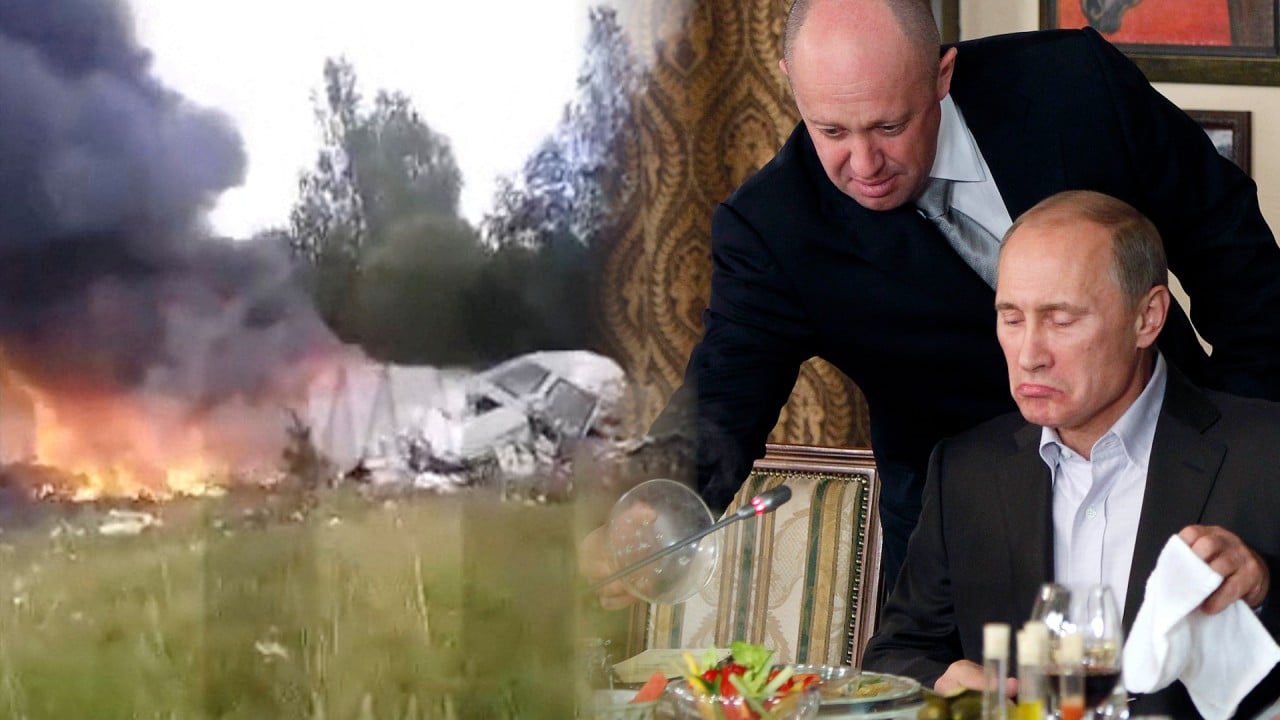
China tipped to keep Mali ties strictly economic as UN peacekeeping mission wraps up
- The UN peacekeeping presence in the West African nation ended last year at the request of the Malian military junta
- Observers expect China to focus on trade and business dealings only, in line with usual policy of avoiding direct intervention in complex conflicts
Observers have said it is likely that China’s future dealings with the troubled West African nation will be strictly non-military.
Wang also said China would help implement more schemes such as the Mali Digital project and the African Solar Belt programme to “help promote the peace and development process in Mali”.
But although Malian junta leaders have approached China for both development assistance and help with conflict resolution, observers have said it is likely that Beijing will provide only non-military aid.
Russia recruiting Africa army to replace Wagner’s mercenaries
“So far we are seeing Beijing reinforcing its diplomacy in Mali and expanding in various sectors,” said Lina Benabdallah, an associate professor in the politics and international affairs department at Wake Forest University in the US.
The pledge to bankroll Malian projects points to a key Chinese diplomatic approach to conflicts – preferring its long-standing policy of promoting economic development as a solution to most problems, and avoiding direct intervention in complex conflicts.
“We see more development projects and people-to-people relations, and the Chinese embassy in Mali posted about several education-related projects conducted in rural areas,” Benabdallah said. “I don’t think we are seeing a massive change of Chinese diplomacy in Mali; if anything, it might be gradual.”
In her recent study published by the Stimson Centre, Benabdallah argued that China seeks to avoid diplomatic entanglements with Western powers while protecting its economic and security interests.
“Focusing on non-military aspects such as development has the potential to create opportunities to add value,” she wrote in the study.
Her analysis showed the likelihood of Beijing being involved in mediation was high where Chinese commercial interests were high. This was the case in Darfur, Sudan, where China has oil and energy security interests.

China’s commercial interests in the Sahel countries – those south of the Sahara – have been limited. But it is making inroads into countries such as Niger, where Beijing has energy and mining interests.
Shinn said except for UN peacekeeping operations, China did not engage its own personnel in active warfare in Africa, as the United States and France were willing to do. Nor did China have any interest in participating in a military response that was either led by or had significant involvement of a Western government.
“Consequently, I don’t envisage China trying to replace France in Mali or anywhere else in the Sahel,” Shinn said.
However, he said this was a task that Russia’s now Africa Corps was willing to do.
“It will be interesting to see if China is publicly supportive of Russia’s military intervention in Mali, the Central African Republic, Burkina Faso and possibly Niger.”
Benjamin Barton, an associate professor at the University of Nottingham’s Malaysia campus, said the conflict in the Sahel region was not China’s, in the sense that its involvement in the region had always been indirect or driven by economic interests.
“China has not been militarily involved in the Sahel since the region’s instability spiked after the collapse of the Muammar Gaddafi regime in 2011, unlike France, the European Union and the countries of the region themselves,” Barton said.
Barton said China neither had a strong anti-terror presence nor appeared to be involved in paramilitary activity.
China is only ever going to have a diplomatic approach in seeking to help bring about a sustainable exit out of the conflict, Barton said, as Beijing was not willing to dispatch its military to foreign conflicts or get involved in a combat far from China.
“[China’s] involvement will likely mirror its diplomatic endeavours as seen in other hotspots revolving around promoting dialogue, raising the issue within relevant multilateral settings, outreach to both conflicting parties and offering economic sweeteners as drivers to fostering interaction among the warring parties.”


